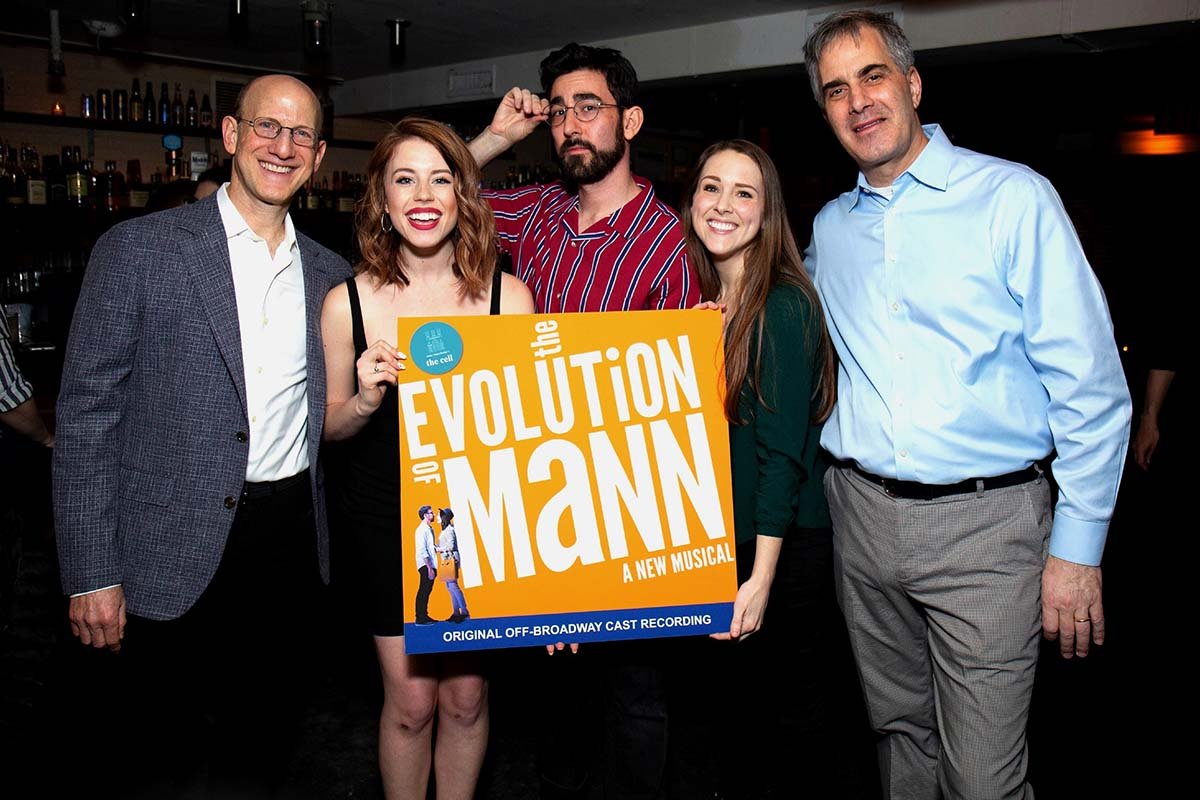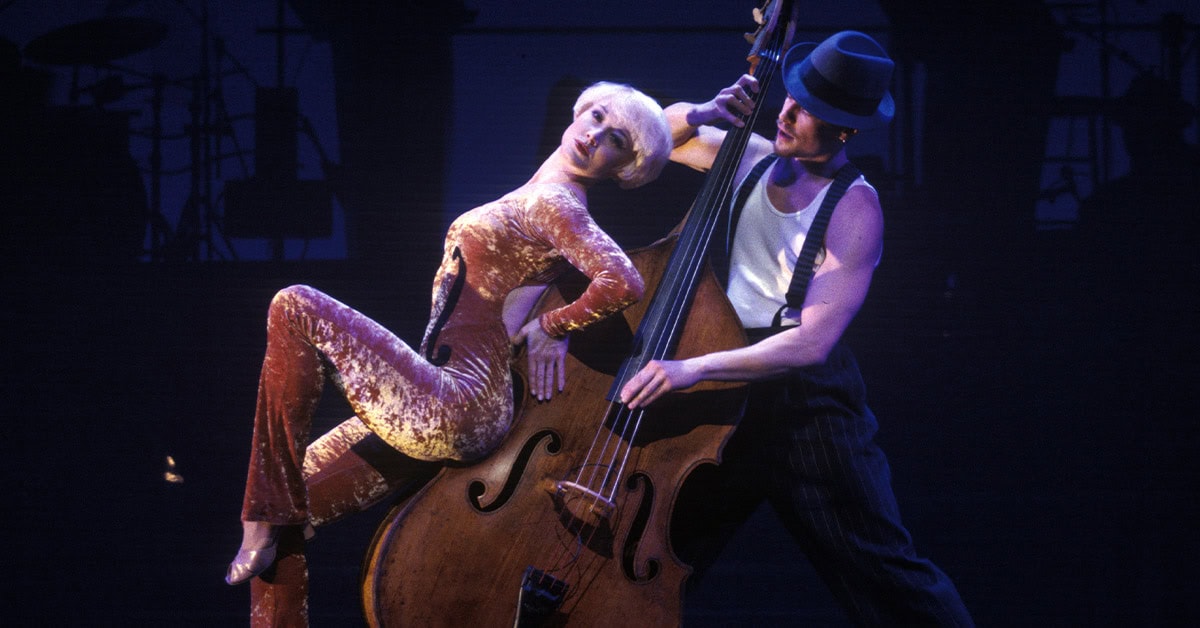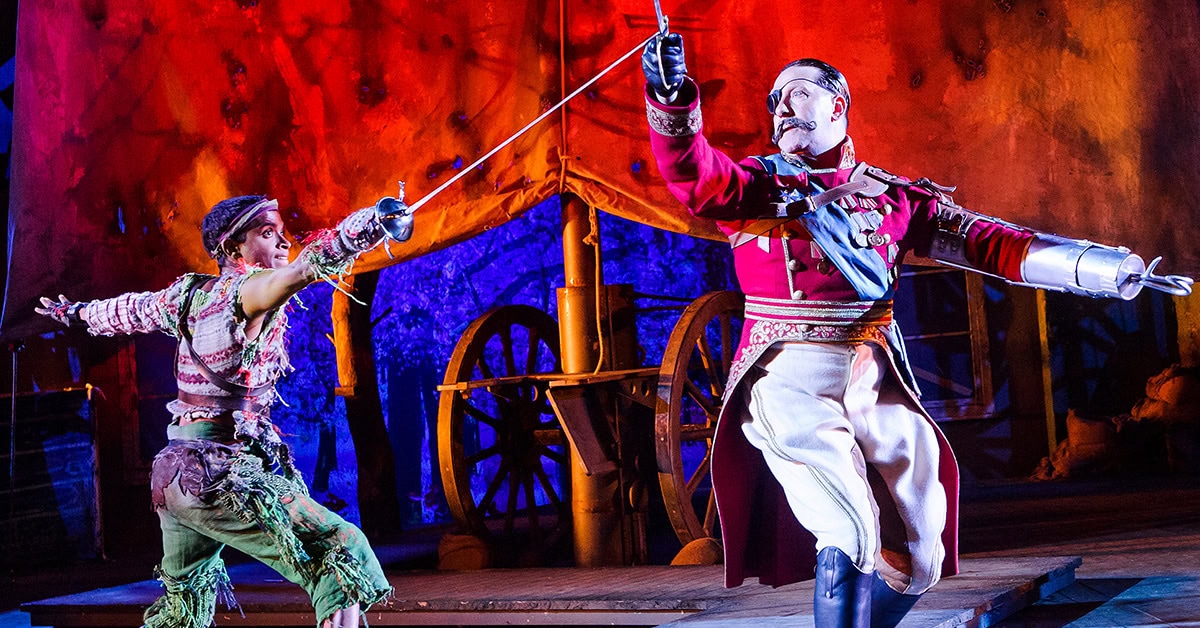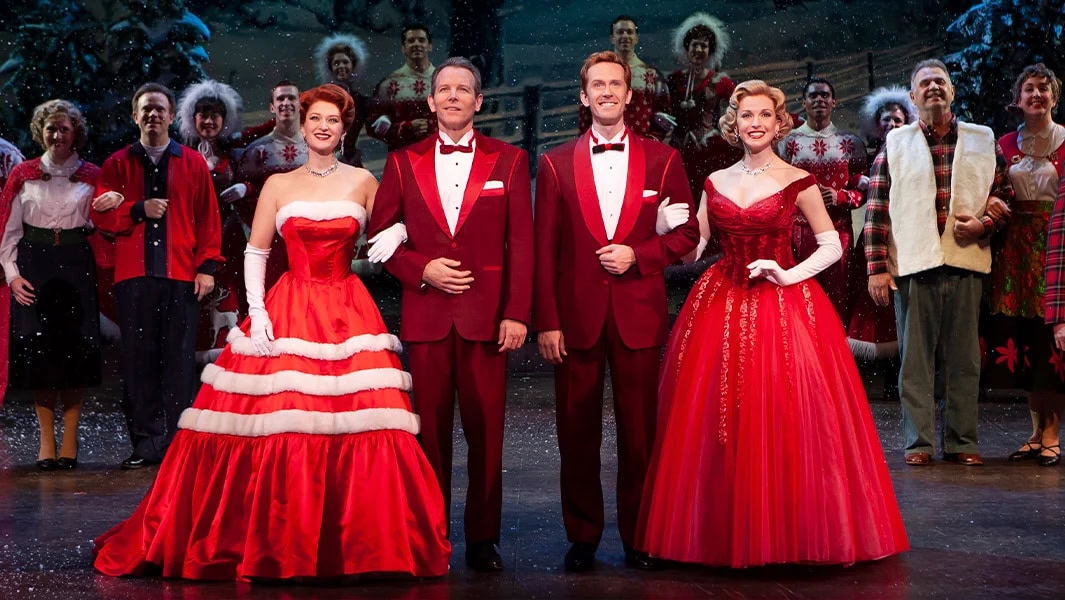
Doug Cohen and I had an unusual first meeting. In the early 1980s I had a summer job in the Lincoln Center Mailroom. The story goes that Doug, who had an entry level job in the Development Office, came into the mailroom to use the Xerox machine. As he was making copies, he heard someone lightly humming a tune from Annie. That someone was me. Surprised at what he was hearing (the exact song, I confess, was “Something Was Missing”) Doug introduced himself. As it turned out, both of us had written two musicals in college. Both of us wanted to write professionally. A friendship was born.
Cut to 2008. One night in September, I walked eagerly to the Barnes and Noble that used to be near Lincoln Center to hear a one-night concert performance of The Gig, an excellent show written by my old friend Doug. By this point, Doug was a highly regarded musical theater writer, author of the classic No Way to Treat a Lady and winner of more awards than I could possibly type. As I recall, the singers that night were fantastic. But it wasn’t the actors that wowed me. The songs themselves were the hit of the show. I was floored by Doug’s music and lyrics – so impressed that I left that day thinking “why haven’t Doug and I written something together?”
Interior of the Bernard Jacobs Theatre. Around the same time, 13, for which I co-wrote the book (with music and lyrics by Jason Robert Brown) was in previews on Broadway. One night that October, I remember looking into the audience and whom do I see? Doug! We walked home together, talking about 13, The Gig and that state of musical theater in general. It was then that I first asked Doug about Nine Wives, a novel of mine that had been published in 2005 which told the story of Henry Mann, a likable but misguided man-child, searching for his perfect soul mate. Doug was intrigued. After years of friendship, why not write together?
I remember sending Doug an outline with some suggested song titles – titles that remain in the show to this day. Seemingly right away, Doug wrote the main theme to the show’s opening number, “The Year of the Weddings” and the comic-ballad, “She’s My Wife.”
We were off. Sort of.
Musicals notoriously take a long time to develop. Our show was no different. Along the way we had four titles, What’s the Matter with Henry, Nine Wives, Mann and Wife and finally, the right one: The Evolution of Mann. At the show’s first reading at Emerson College in Boston we discovered that our little show was surprisingly versatile. As written in the script, Henry Mann’s love interests are meant to be played by one actress. At Emerson, to give more people a chance, the roles were split among a group of talented young women. Encouraged by the response, a professional workshop in New York followed starring Zachary Prince, Patti Murin, Sarah Stiles, Heidi Blickinstaff and Andrew Kober – some cast! Two years later we were invited to be part of Goodspeed’s annual January workshop where we roomed with David Hein and Irene Sakoff as they put the finishing touches on Come From Away. Under the direction of Chip Klose, our show was paired down to three characters: Henry, his roomie Glenn, and one actress who played all of the major female parts. By that point we had discovered our two best songs, “It’s Only a First Date” and “The Unromantic Things.” We were ready for a production.
Two summers later, we premiered at the Sharon Playhouse in Connecticut with a developmental production. A year after that we had our official world premiere at the Lyric Stage in Oklahoma City. Finally; in the fall of 2018, we made it to New York, opening at the Cell Theater under the direction of Joe Barros. The cast was Max Crumm, Allie Trimm and Leslie Hiatt (all brilliant and all with double end-consonants).
In New York, during the rehearsal process we made some significant discoveries – ideas that added depth and subtlety to the piece. The most important was realizing that the role of Glenn, Henry’s best friend, was better changed to Gwen, a gay roommate struggling with the effects of her separation for her wife, Diana. Other changes included a twist on the more obvious happy ending. Henry’s growth as a human being leads him (and the audience) to a less than obvious conclusion.
Immortalized on a beautiful cast album on Yellow Sound Label, The Evolution of Mann is now ready to march into the world. Doug and I can’t thank Sam French enough for licensing our show – a tuneful, funny musical that takes a poignant and timely look at modern relationships.
And to think it all started in the Lincoln Center mailroom!
–
To purchase your copy of The Evolution of Mann, click here. For performance rights, click here.
(photo: Santiago Felipe, @santiagraphy)

Jazzy Musicals

Peter Pan and GOSH

